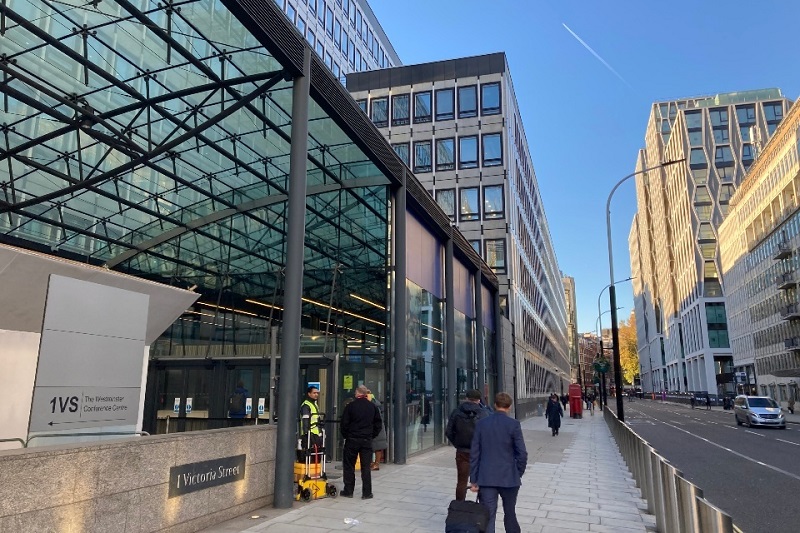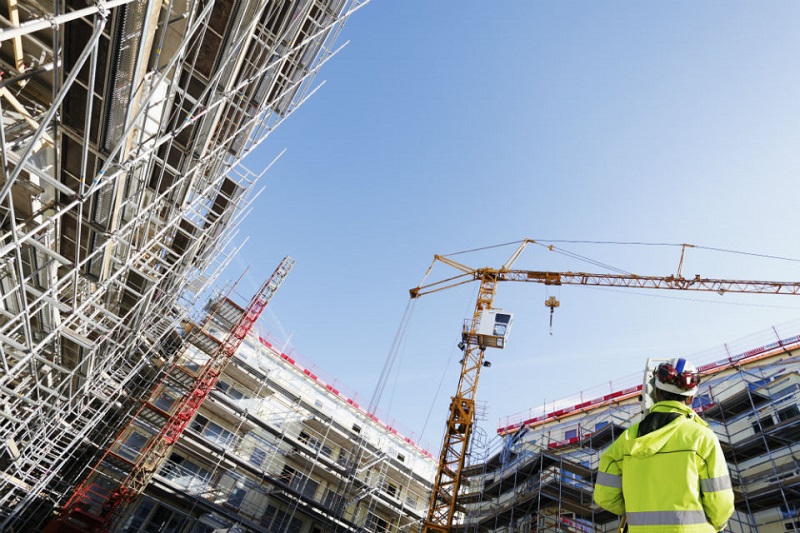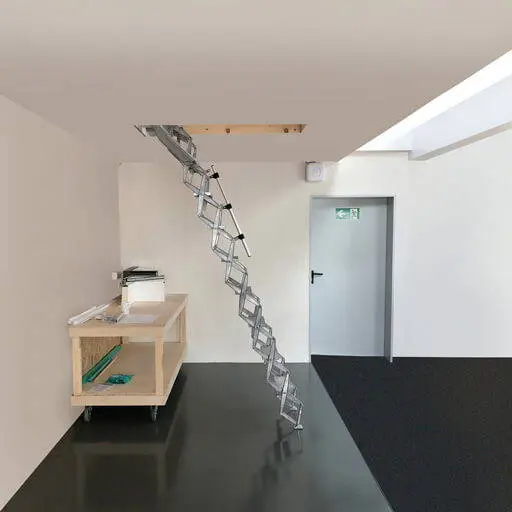Businesses and building owners across England are set to benefit from low-cost, low-carbon heating as six towns and cities have been selected to develop the country’s first heat network zones.
Developing zones for heat networks in urban areas is the cheapest and most efficient way of delivering the technology, which recycles excess heat – generated for example by data centres or from factories – to enable the heating of several buildings at once.
The ground-breaking schemes in Leeds, Plymouth, Bristol, Stockport, Sheffield, and two in London will receive a share of £5.8 million of government funding to develop the zones, with construction expected to start from 2026. This will help to create tens of thousands of jobs including engineering, planning, manufacturing and construction roles.

Heat network zones use data to identify the best spots and help to plan and build the technology at scale. They require suitable buildings, such as hotels and large offices, to connect when it is cost-effective for them to do so.
Minister for Energy Consumers Miatta Fahnbulleh said: “Heat network zones will play an important part in our mission to deliver clean power for the country, helping us take back control of our energy security.
“As well as energy independence, they will support millions of businesses and building owners for years to come, with low-cost, low carbon heating – driving down energy bills.
“Tens of thousands of green jobs will be created across the country, and that’s why we’re investing in developing these fantastic and innovative projects – developing the first zones in cities and towns across England.”
The new schemes will provide heating using trailblazing sources. Excess heat from data centres – which would otherwise be wasted – will provide heating in the Old Oak and Park Royal Development, while the system planned in Leeds will take heat from a nearby glass factory to warm connected buildings.
Developing heat networks across the country has the potential to create tens of thousands of jobs through delivering a low-carbon heating transformation.
Types of buildings that could connect to a network include those that are already communally heated, and large non-domestic buildings over a certain size, such as hospitals, universities, hotels, supermarkets, and office blocks.
The six selected towns and cities are part of the government’s plan to accelerate the delivery of heat networks across England in areas where zones are likely to be designated in the future. The learnings from these pilots will inform the work to reduce bills, enhance energy security, and achieve net zero by 2050.
CEO of the Association for Decentralised Energy Caroline Bragg said: “We are delighted to see Government maintaining its support for the heat network sector.
“Heat network zones are crucial for a just transition for our communities - putting the UK on the lowest cost pathway to decarbonising our heat, attracting more than £3 of private investment for every £1 of public funding given and creating tens of thousands of local jobs.
“As we begin to deliver zoning at scale, it is crucial that the Government and industry continue to work together to ensure heat networks can truly unleash their potential.”




















